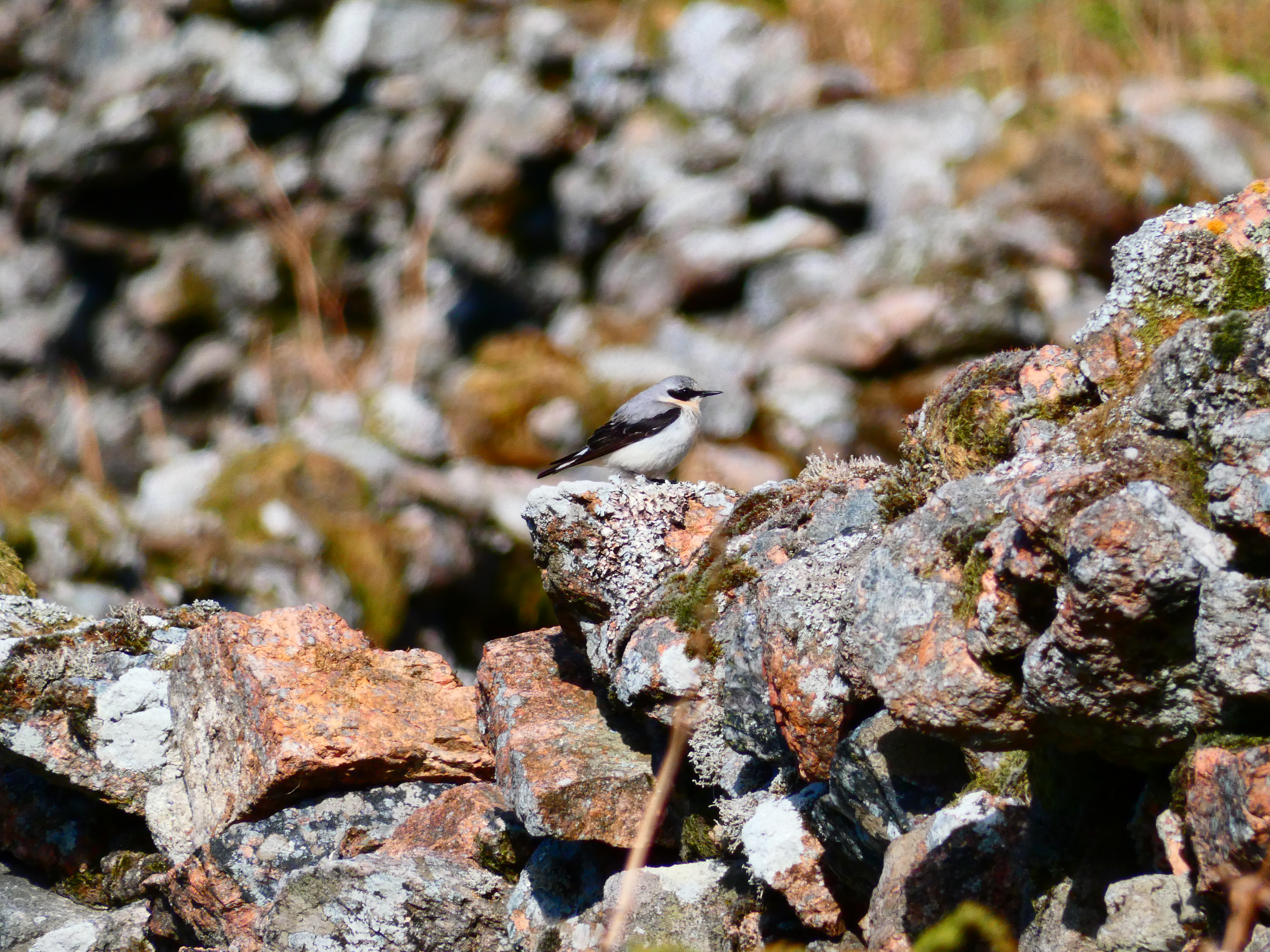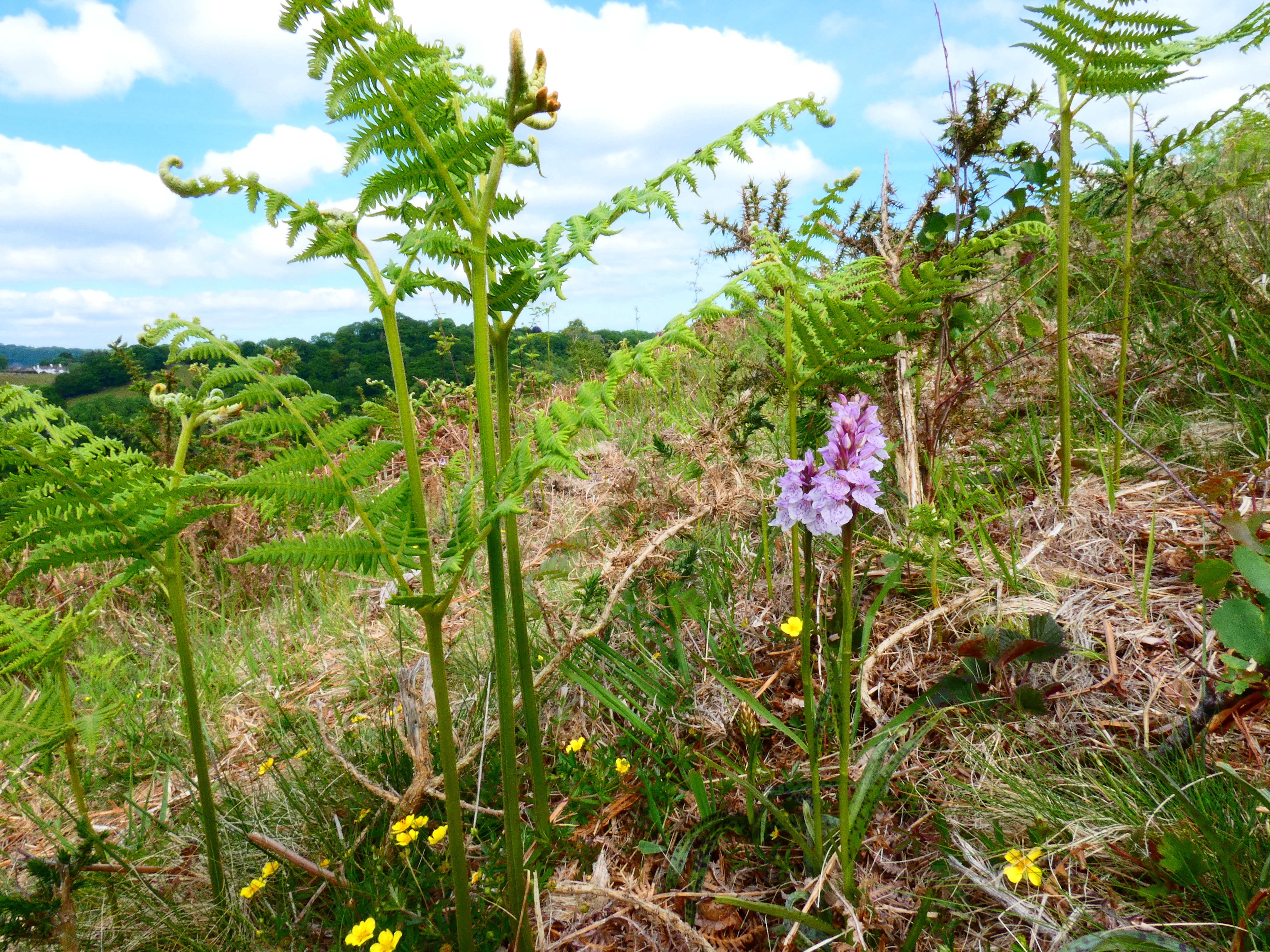Tour Summary
Being southern England’s biggest area of open country and giving the closest sense of wilderness, there’s a lot of magic to be found on Dartmoor. Based around East Dartmoor, this tour includes three days and two evenings exploring its wildest landscapes in search of birds, butterflies and mammals. This tour aims to give you a taste of what Dartmoor can offer, at a time when some of its best wildlife is on show including rare butterflies, spectacular flowers, scarce breeding birds like Ring Ouzel and Cuckoo, and hopefully even a mammal or two such as Otter, Deer and of course, the Dartmoor Pony.
Our daily schedule coincides with peak times to see our various wildlife targets. For birds, this will be early morning to catch them at their loudest and proudest, before enjoying a well earned late breakfast either back at the accommodation or out in the field. For butterflies and flowers, this will be late morning once the temperature has risen, giving us several hours of exploring before stopping for lunch. Each afternoon you will then have some time to yourself, either to rest or do some self-led walks, before the opportunity to join an evening excursion (more detail below).
Tour Details
Available: Apr – Jun
(please inquire to discuss specific dates)
Cost: £720 (from £120pp*)
Group size: 2-6*
* group size is decided by you at the point of booking with a minimum group size of 2 people. Each tour is charged at the same total cost as stated above i.e. for a group of 6 this equates to £120pp.
Outline Itinerary
This tour is hugely varied, with the chance to see a fantastic array of species, habitats and scenery that only Dartmoor can offer. Due to the delicate status of some species, we have omitted place names from this itinerary but rough areas we will visit include:
.
- East Dartmoor Woods and Heaths
- River Dart Valley
- The Cleaves of North & West Dartmoor
Day One: Our first early morning session will be highly anticipated, as we head off in search of the moor’s rarest breeding bird, the Ring Ouzel. Declining both nationally and here on Dartmoor, the number of pairs is now down to single figures with just six pairs recorded as successfully breeding across the whole of Dartmoor in 2018. We will focus our efforts around one of its last strongholds, waiting patiently in hope of a glimpse of this stunning thrush as well as keeping our eye out for any Wheatear, Tree Pipit or Peregrine who frequent these areas too. The second part of the day will be spent exploring the steep cut valley-sides of the River Dart. Comprised of ancient oak woodland and acidic moorland, these valleys are home to Grey Wagtails, Dippers, Kingfisher and Otter as well as Golden-ringed Dragonflies and dancing Beautiful Demoiselles. It’s also home to an array of butterflies including Pearl-bordered and Small Pearl-bordered Fritillaries as well as the UK’s most rapidly declining butterfly, the High Brown Fritillary (late May onwards). Our time will be spent exploring both the top and bottom of the valley giving us the best chance to encounter as many species as possible.
Day Two: Our second day will start with an early morning session at Headland Warren; well known for its assorted habitats from open moor and acidic bog to damp scrubland and plantation woodland. It’s a fantastic place for birds including abundant Meadow Pipits, Skylarks and Stonechats as well as much sought after species including Cuckoo, Whinchat and reeling Grasshopper Warblers if you know where to look. Linnets, Crossbills and Redpoll are all seen here and, if we’re really lucky, potentially even Goshawk. For our second session we’ll be heading to one of Dartmoor’s most unique and specialist habitats, the Rhôs Pasture. These damp grasslands are super rich in colourful plant diversity including Meadow Thistle, Devil’s-bit Scabious, Heath Spotted Orchid, Lesser Spearwort, Marsh Violet, Bogbean and Saw-wort. It’s also home to two stunning insects, the Marsh Fritillary and Narrow-bordered Bee Hawkmoth, which will be the focus of our visit (Apr-May only). We also have a good chance of Redstart, Cuckoo, Spotted Flycatcher as well as Adder and potentially Harvest Mouse which weave delicate spherical nests in the coarse grasses.
Day Three: Our final day together will focus on the bluebell and lichen-rich Oak forests of East Dartmoor. Almost unchanged since 1600s, classifying it as ancient, these woodlands are much loved by a number of migrant birds including Pied Flycatcher, Spotted Flycatcher, Common Redstart and the elusive Lesser Spotted Woodpecker. National declines of Wood Warbler have been hard felt, even here on Dartmoor, but best efforts will be made to track one down. These woods can also be home to rare breeding raptors including both Goshawk and Hobby as well as being the county’s stronghold for Hazel Dormice. If timings allow, we may be able to join one of local box monitoring schemes, offering the unique chance to see Hazel Dormice up close.
Once this session is complete, this will mark the end of the tour and it will be time for us to say our goodbyes, leaving with lots of amazing memories to share with friends and family.
Evening Sessions: Several evening excursions are available including excursions for Nightjar, mammal spotlighting, Horseshoe Bat emergence or for roding Snipe. Availability of each is dependent on weather and time of year as we move through Spring. These are optional activities included within the tour and can be discussed during or after booking.







